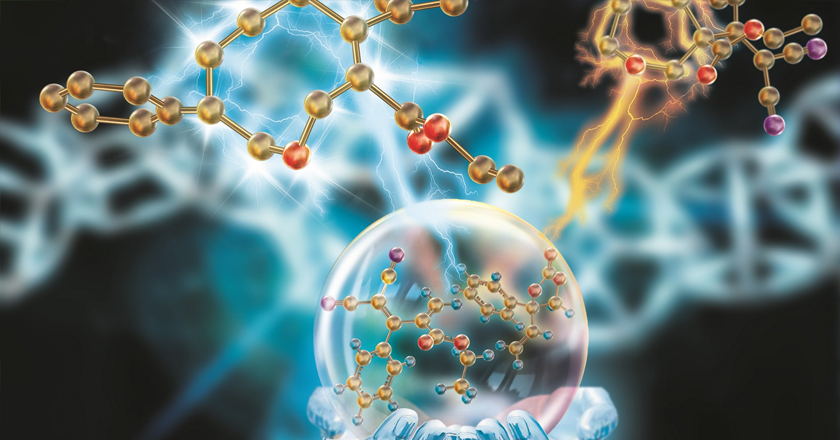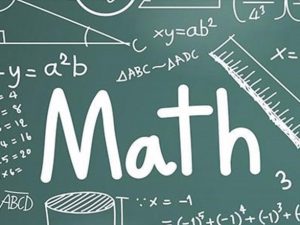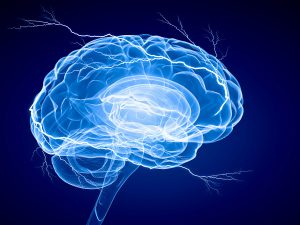Online Science Tutor
Science is the organized knowledge that includes a systematic and logical study of the natural world and how it operates. It is based on empirical evidence and is designed to be challenged by research. Our online science tutors help students at all skill levels, from the basics to mastering tough concepts and provides homework help. Our expert science tutors cover Earth Science, Biology, Chemistry and Physics.




